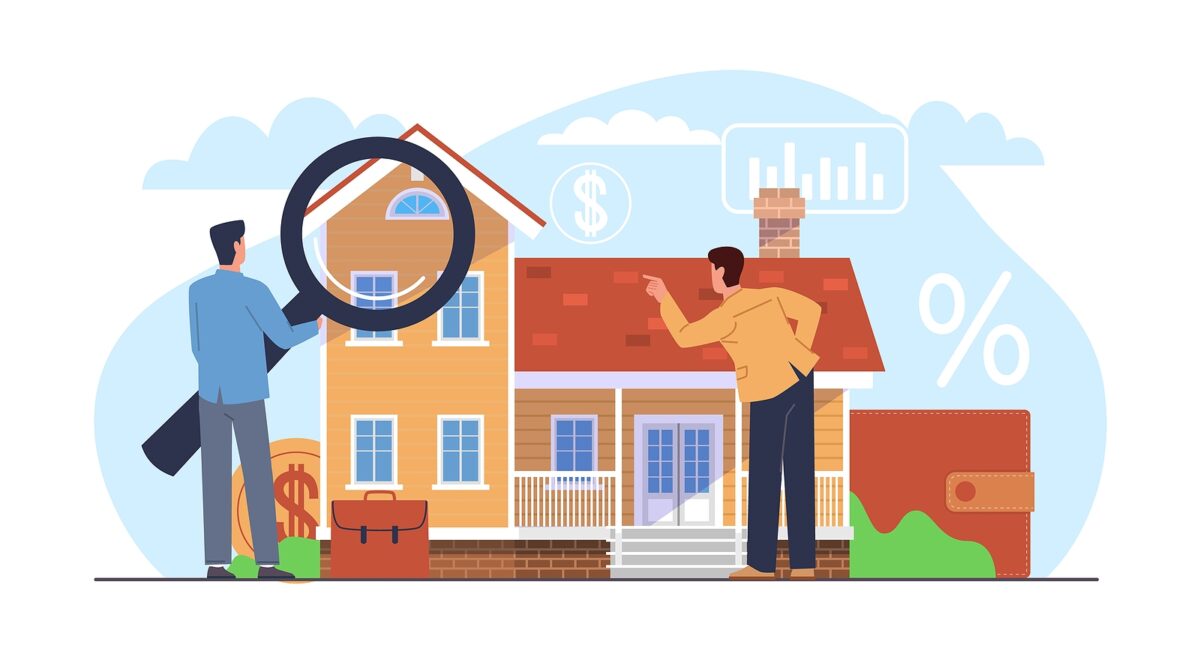Selling a home can be stressful and time-sensitive, especially when the housing market trends fluctuate. Whether it’s a buyer’s or seller’s market, you want to position your home for a quick and profitable sale. The good news? With the right strategies, you can attract the right buyers and close the deal faster. In this guide, we’ll explore practical steps to help you sell your home quickly, no matter the market conditions.
1. Price Your Home Competitively
Pricing is one of the most crucial factors in how fast your home sells. Overpricing can scare buyers away, while underpricing can leave money on the table. Here’s how to get it right:
- Research Comparable Sales: Look at recently sold homes in your neighborhood with similar features to determine a competitive price.
- Consult a Real Estate Agent: An experienced agent can provide a Comparative Market Analysis (CMA) and suggest the best pricing strategy.
- Consider Market Trends: If housing market trends indicate a slowdown, pricing aggressively can make your home stand out.
2. Enhance Curb Appeal
First impressions matter, and your home’s exterior is the first thing buyers see. A well-maintained exterior can increase interest and lead to faster offers. Try these quick upgrades:
- Landscaping: Fresh mulch, trimmed bushes, and seasonal flowers can make your home look more inviting.
- Exterior Touch Ups: Repainting the front door, cleaning windows, and power washing the driveway can significantly boost curb appeal.
- Lighting: Well placed outdoor lighting creates a warm and welcoming ambiance for evening showings.
3. Stage Your Home for Maximum Appeal
Home staging is a powerful way to highlight your home’s best features and help potential buyers visualize living there. Follow these staging tips:
- Declutter and Depersonalize: Remove excess furniture, personal items, and any distractions to create a clean, open space.
- Neutral Colors: Repainting walls in neutral tones can make rooms appear brighter and more spacious.
- Strategic Furniture Placement: Arrange furniture to maximize space and improve flow.
- Add Small Touches: Fresh flowers, light-scented candles, and soft throw blankets can make your home feel cozy and inviting.
4. Market Your Home Effectively
A strong marketing strategy can get your home in front of the right buyers quickly. Here’s how to ensure maximum exposure:
- High-Quality Photos & Videos: Professional photos and video tours make a strong first impression online.
- Social Media & Online Listings: Leverage platforms like Zillow, Redfin, and social media to showcase your home.
- Host Virtual & In-Person Open Houses: The more opportunities buyers have to see your home, the faster it will sell.
5. Be Flexible and Ready to Negotiate
Flexibility can be the difference between a fast sale and a home that lingers on the market. Keep these points in mind:
- Offer Competitive Incentives: Consider covering closing costs or offering a home warranty to attract buyers.
- Be Open to Showings: The more accessible your home is for showings, the quicker you can find the right buyer.
- Respond Quickly to Offers: Delayed responses can lead buyers to lose interest or move on to another property.
Final Thoughts: Selling Your Home Fast Is Possible in Any Market
Implementing these strategies can help you sell your home quickly regardless of current housing market trends. Pricing it right, making impactful improvements, staging effectively, marketing smartly, and being flexible will increase your chances of a fast and profitable sale. If you’re ready to put your home on the market, working with an experienced real estate professional can further streamline the process and ensure a smooth transaction.











